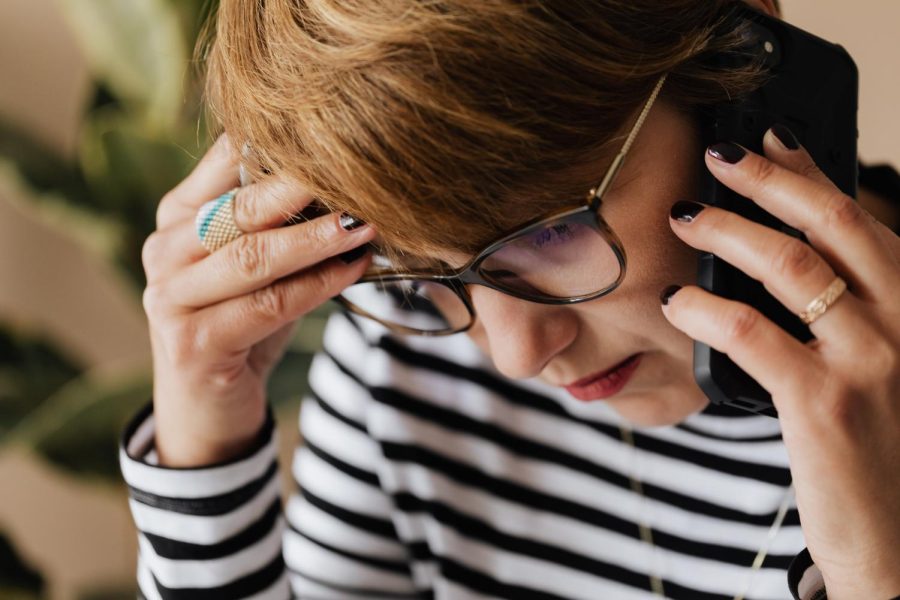Social media has taken over the world with its instant, formidable power to connect the human population. Has it potentially consumed our minds as well?
Academic research might give us a new perspective into how social media usage is influencing our mental health. Dr. Chunsik Lee holds a PhD in Mass Communications from the University of Florida, and is an assistant professor in Communication at the University of North Florida. He specializes in uses and applications of new media technologies in marketing communications. His work on social media and new communication technologies has been published in a number of publications.
“Since the mid-2000s, a great deal of research investigated the potential negative effects of social media on us. The problem is the results have been so mixed,” says Lee, “Approximately a bit more than half of the studies found a significant negative relationship, while the other half couldn’t find any. In my view, study results are not consistent enough to definitely answer one way or the other.”
Dr. Lee addressed some of the problems he sees with these studies that examine the relationship between social media and mental well-being, with research methods being one of them. A vast majority of these studies are either self-reported, correlational, or cross-sectional survey studies. These are studies that ask individual users certain questions at a given point in time.
“With this method, it is impossible to determine which causes which,” says Lee, “Plus, even the correlations are extremely small. Some meta-analysis studies say social media usage only explains 0.25 percent of the variance in user’s mental well-being measures. That’s as small as the correlations between eating potatoes, or wearing glasses, and mental well-being.”
More problems have to do with the measures of the variables. A variable is any factor, trait, or condition that can exist in differing amounts or types. Survey studies consist of self-reporting measures, such as the duration and frequency of people using social media.
Dr. Lee says this is extremely unreliable.
“You guess your time spent on your repertoire of social media services. Then look at your phone’s screen time data. These measures completely miss out on the content and the context that users consume on social media. Social media becomes so versatile that you have to do essential activities on social media. In addition, measures of mental well-being can mean so many different things. Each measure can be influenced by many different things. Lumping together different aspects of social media with duration and frequency may not help explain those well-being measures,” said Dr. Lee.
More recent studies attempted different methods, such as the experimental and longitudinal survey, to demonstrate causality. Causality is the relationship between cause and effect.
“Rigorously speaking, the only way to establish the causality is using experimental studies,” says Lee, “Longitudinal studies are the second-best option for claiming the causality. Some longitudinal studies found that social media use did not predict depression, but that depression symptoms predicted more frequent uses of social media among adolescent girls. Another longitudinal study found that when you have a better quality of life, you use social media less.”
One unanimous finding is that people with already poor mental health are more likely to use social media excessively.
According to Dr. Lee, one concept that makes people less susceptible to negative social media effects is having a perceived behavioral control over social media: The belief that one can be in control of social media use. These people with high perceived behavioral control are least likely to be influenced by the negative impact of social media. They tend to use social media as instrumental tools with moderation.
Other correlational research finds that younger adults and adolescents are more vulnerable to negative effects. Higher negative correlations between social media use and mental well-being were observed among younger populations. Adolescents usually have not fully developed adequate control and moderation in their brain.
“Perhaps, we all are adapting to any new technology. A century ago, when the motion picture came out first, we were very much concerned about its negative influence on our adolescents. I remember I got scolded for too many TV hours when I was in teen. Now, you may want your teenage kids to watch more movies than constant chatting on Discord. Some may even encourage using social media for socializing tools more than playing violent shooting games,” said Dr. Lee.
____
For more information or news tips, or if you see an error in this story or have any compliments or concerns, contact editor@unfspinnaker.com.
















